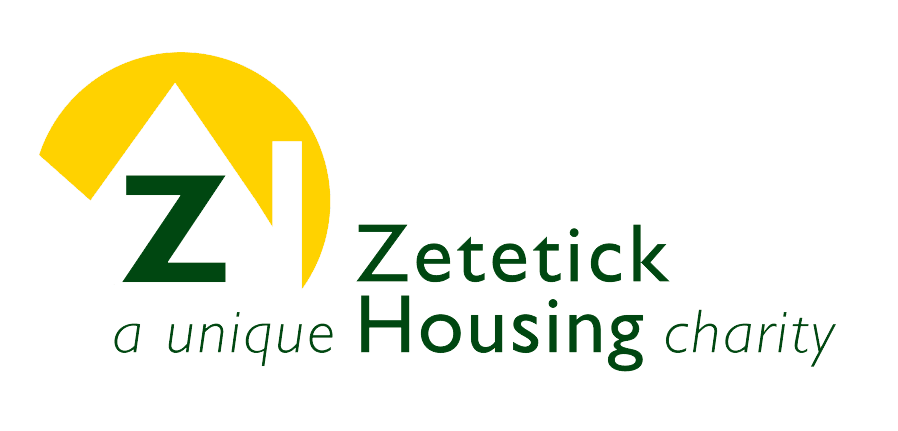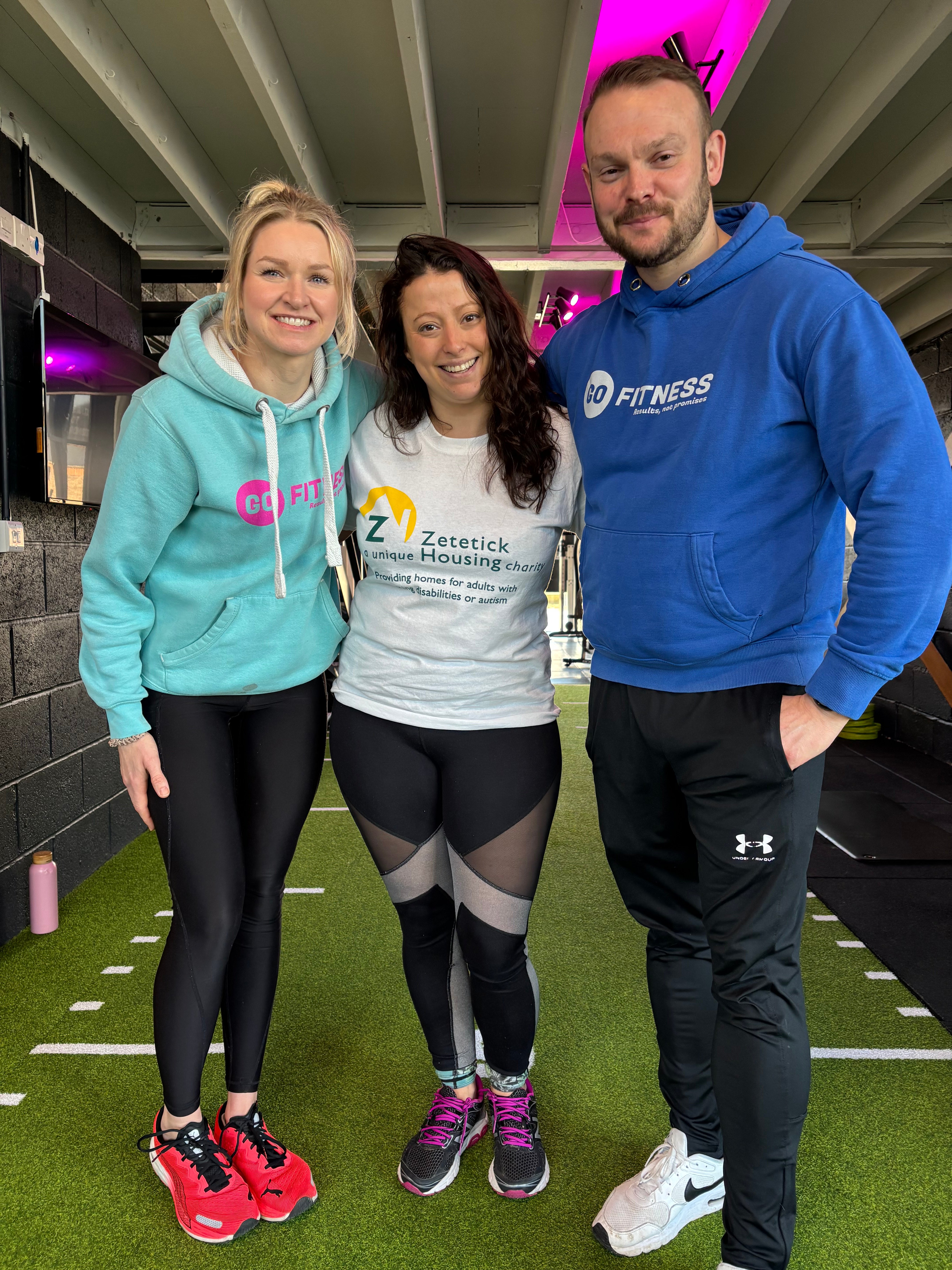Table of Contents
What is digital inclusion?
We’re fast approaching that time of year where we appreciate the love we have in our lives. Whether you want to celebrate Valentine’s Day with a romantic partner, loving family or close friends, February 14th is the perfect opportunity to tell those special people how much they mean to you!
As the UK is still in full lockdown, Valentine’s Day is going to be different for all of us this year and many will be in touch with their loved ones digitally. Digital inclusion is all about ensuring that the benefits of the internet and digital technologies are available to everyone.
The NHS tells us that digital inclusion covers: digital skills (being able to use digital devices such as computers, smart phones/devices and the internet), connectivity (having the infrastructure to access the internet) and accessibility (services need to be designed to meet all user’s needs, including those dependent on assistive technology to access digital services).
Unfortunately, many groups in society (such as those with autism and learning difficulties like our tenants) are excluded from the benefits of being online and the problem has only become worse with the pandemic forcing us to depend on digital devices even more.

Levels of digital exclusion
Although there has been real progress in internet and online services, there are still varying levels of digital inclusion and some sections of the population are more likely to be digitally excluded than others, such as people in lower income groups, people in social housing and people with disabilities.
New research conducted by Dimensions shows the extent of loneliness and isolation experienced by those with autism and/or learning disabilities, due to Covid-19. It revealed a ‘collective sense of exclusion’, with 93% of respondents feeling more isolated from society and 76% being made to feel that they don’t matter, in comparison to other people.
However, this doesn’t have to be the case. Smart devices are such an amazing tool that our tenants could use to connect with their loved ones this Valentine’s Day and beyond – they allow you to call almost anyone hands free including UK mobile and residential numbers (at no additional cost) and other compatible smart devices. You can also instantly drop in on other rooms in your home.
Smart devices are for life, not just for Valentines
Not only can tenants keep in touch with their nearest and dearest, smart devices can also improve the quality of many aspects of life and allow for more independence.
A virtual assistant can make everyday practicalities at home that much easier, especially for those with physical disabilities, autism and/or learning difficulties. Use voice control to adjust lights, appliances, locks, sensors and thermostats. You can also programme calendars, set reminders and alarms and add items to lists.
Once all those things are done, tenants can use their device to relax by playing music, listening to the radio, podcasts and audiobooks and watching TV. Smart devices are also ready to help and can answer questions, play the news, check the weather and even search for recipes for all your lockdown creations!

Digital inclusion – our mission to give a little love
Zetetick would love to provide each and every one of our tenants with a virtual assistant, such as an Echo or Alexa device, so that all our homes can become ‘smart’.
We need YOUR help to improve digital inclusion for some of those most marginalised by society.
Give a little love this Valentine’s Day
If you’d like to read more about the importance of digital inclusion and the work Zetetick does, take a look at some more of our articles:
- Real Digital Inclusion – It’s Not The nightmare 1950s (zhc.org.uk)
- Virtual Assistants | The Voice Of Digital Inclusion (zhc.org.uk)
- Supported Living – Zetetick Housing Goes The Extra Mile (zhc.org.uk)
- Housing Charity: Zetetick Roots (zhc.org.uk)
Zetetick Housing Charity specialises in providing high quality supported living properties so that vulnerable adults with disabilities, learning difficulties, autism and mental health issues can live independently in their own homes with the support they need.
#digitalinclusion #inclusion #valentines #valentinesday #keepintouch #stayconnected #fundraising #giveback





 Boost Your Estate Agency: Join Hike4Homes 2025-Show You Care
Boost Your Estate Agency: Join Hike4Homes 2025-Show You Care Giving: experience the joy of giving for free
Giving: experience the joy of giving for free Charity Donations | 3 reasons for bountiful giving
Charity Donations | 3 reasons for bountiful giving Life partners - Rosie's story
Life partners - Rosie's story Meet Zetetick trustees - An interview with Natasha
Meet Zetetick trustees - An interview with Natasha